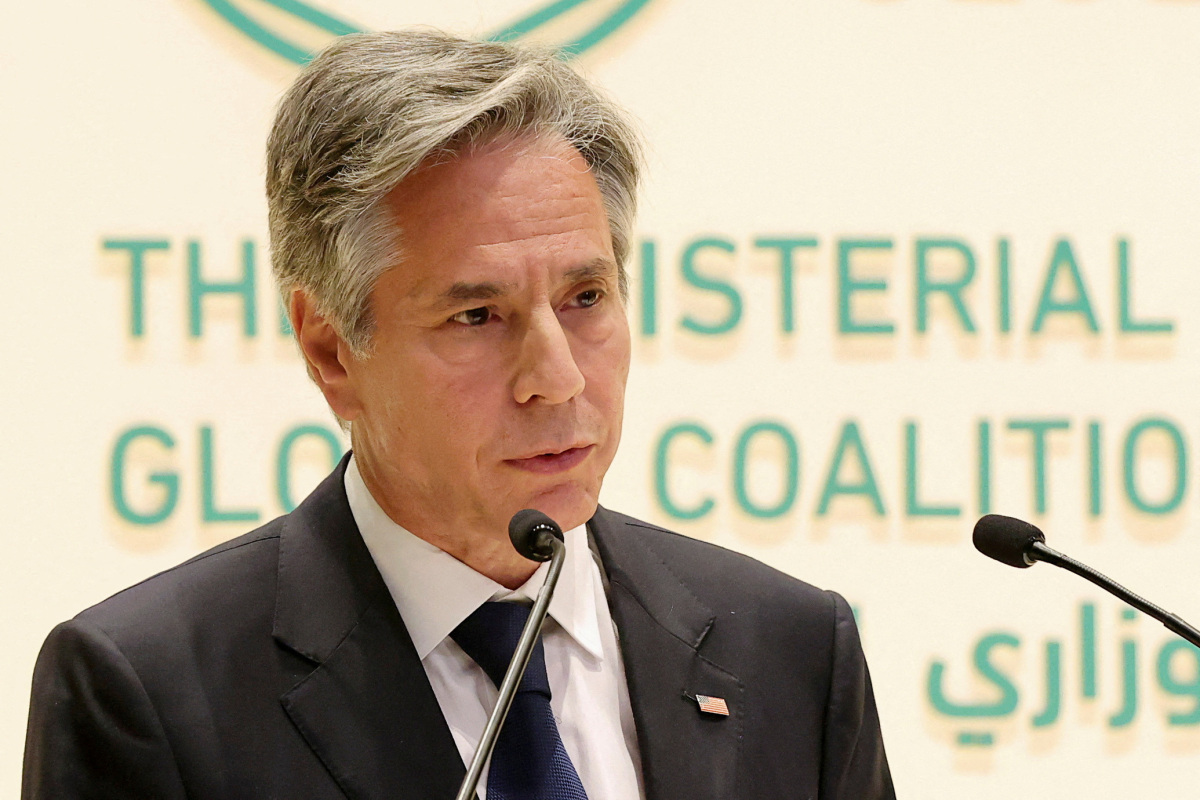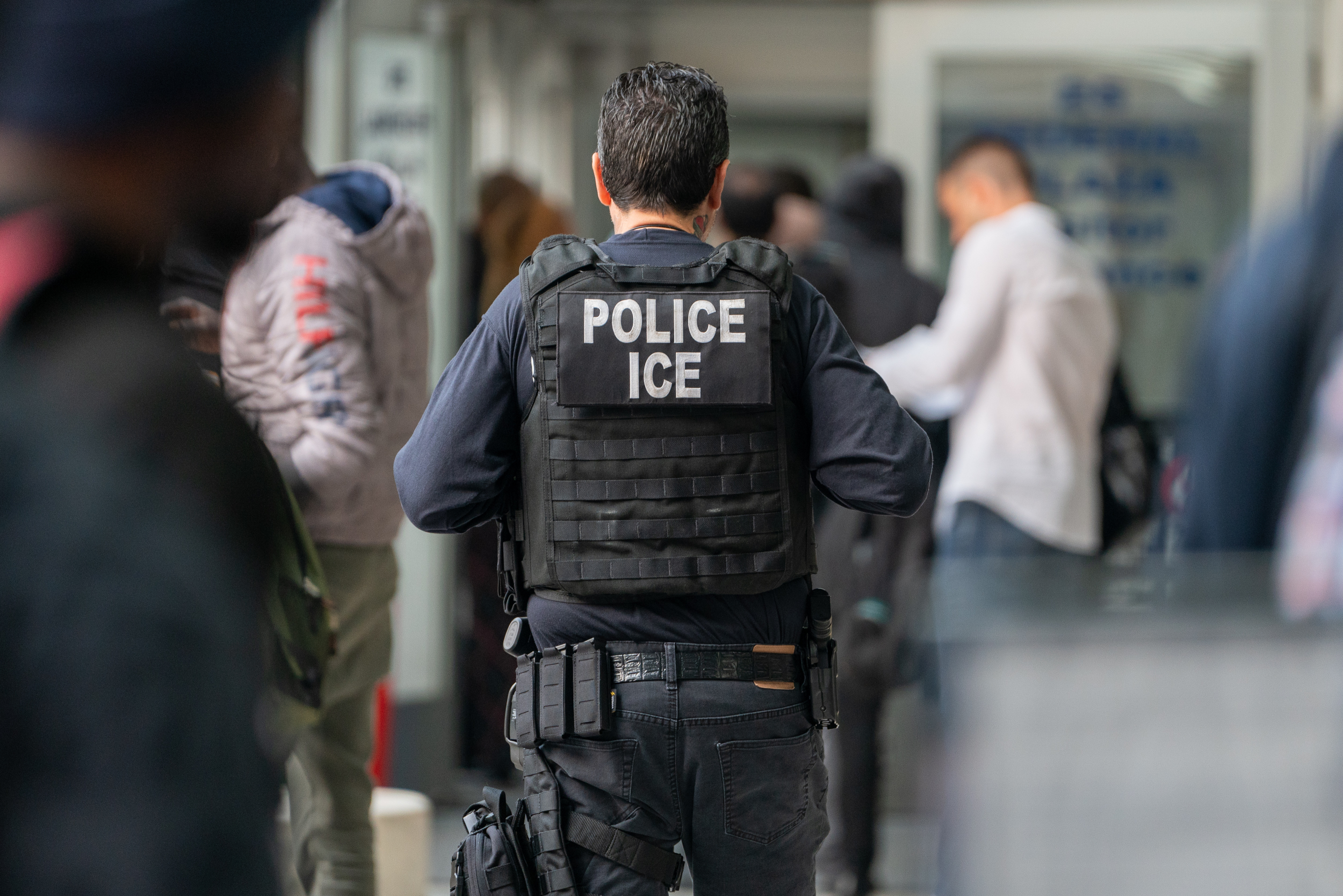Reuters
The United States is not expecting a major breakthrough with China during U.S. Secretary of State Antony Blinken’s upcoming trip to Beijing but will push to establish open communication channels to ensure competition with the Chinese does not spiral into conflict, U.S. officials said on Wednesday.
“We’re not going to Beijing with the intent of having some sort of breakthrough or transformation in the way that we deal with one another,” Daniel Kritenbrink, the State Department’s top diplomat for East Asia, told reporters in a briefing call.
“We’re coming to Beijing with a realistic, confident approach and a sincere desire to manage our competition in the most responsible way possible,” Kritenbrink said.
Blinken will travel to China next week for long-delayed talks aimed at stabilizing tense relations in what will be the first such visit by Washington’s top diplomat in five years.
Having postponed a February trip after a suspected Chinese spy balloon flew over U.S. airspace, Blinken is set to become the highest ranking U.S. government official to visit China since President Joe Biden took office in January 2021.
Ties between the world’s top two economies have been frosty as they are at odds over almost everything from trade to the Taiwan Strait, to U.S. efforts to hold back China’s semiconductor industry and human rights issues.
A primary objective for Blinken will be “candid, direct and constructive” discussions with China, Kritenbrink said, but cautioned about the prospect of progress.
“There will be a substantive and productive agenda that we’ll have before us, but, again, the objective is to focus on those top line goals, not necessarily to produce a long list of deliverables,” he said.
One alarming aspect of the sour ties has been Beijing’s reluctance to have open military-to-military dialogue with Washington, despite repeated U.S. attempts.
White House Indo-Pacific Coordinator Kurt Campbell in the same call said Washington has an interest in setting up crisis communication mechanisms to reduce conflict risk.
“I believe Secretary Blinken will advocate strongly that these lines of communication are necessary. They are how mature, strong militaries interact and the stakes are just too high to avoid these critical lines of communication,” Campbell said.







